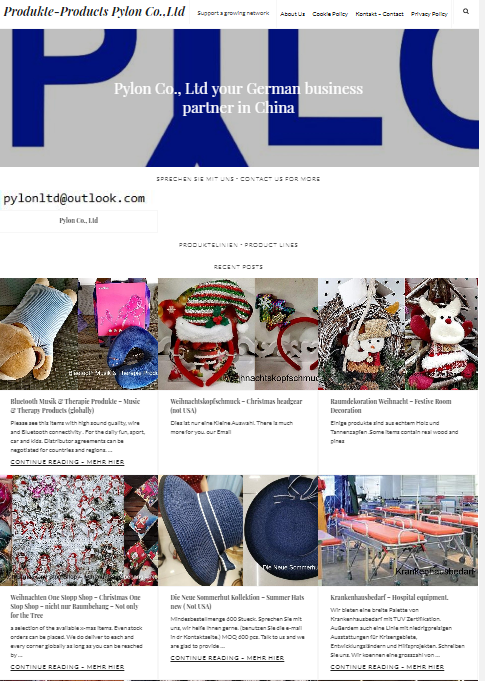- Details
-
Category: Ningbo Business
-
Published: Tuesday, 02 October 2012 14:59
According to statistics released at the news conference held by the Information Office of municipal government on September 24, to overcome technical trade barriers, 72.55% of Ningbo enterprises have taken the initiative to strengthen management and independent innovation and improve product competitiveness and have achieved great progress in international competition.
With the development of economic globalization and trade liberalization and with restriction of WTO rules, tariff rates are getting much lower and traditional non-tariff barriers have been gradually. However, an increasing number of foreign countries are taking more flexible and subtle technical trade measures as means of trade protection.
A survey from Ningbo Entry-Exit Inspection and Quarantine Bureau shows that the impact on Ningbo export enterprises has been on the rise, increased from 30.74% in 2007 to 55.10% in 2011. The resulting economic losses were high. Ningbo’s export enterprises suffered a direct loss of 2.203 billion US Dollars, accounting for 3.62% of the total exports of the year. The affected fields, ranging from agricultural products, food, textile and garment, was expanded to home appliances, toys, wooden products, rubber and plastic products, chemicals and vehicles.
Technical trade measures are like double-edged swords. While having a negative impact on the export of Ningbo products, they have also encouraged the growth of local enterprises.
“Transformation of idea plays an important part in the development of enterprises”, said by Chen Mengyu, deputy director of Ningbo Inspection and Quarantine Bureau. When the double green directives of ROHS and WEEE were formally promulgated in 2003, Ningbo household appliances enterprises felt it too hard to adapt. However, after several years’ hard work, more and more enterprises have changed from "crying wolf" to accept and meet head-on. Surveys show that 72.55% of Ningbo enterprises have taken the initiative to strengthen management and independent innovation and improved product competitiveness to cope with foreign technical trade measures in 2011, 1.43 times higher than the national average rate of 29.91% in 2006.
Today, more and more Ningbo enterprises choose to improve and upgrade their own product quality to meet the challenge of the technical trade measures. The export unqualified rate of electromechanical products dropped from 4% in 2001 to 0.25% in 2011. Many enterprises have experienced a series of sublimation including brand creation, technological innovation, transformation and upgrading.
After 10 years’ experience in WTO, Ningbo enterprises now are good at safeguarding their legitimate rights and interests. In order to amend the CR bill, the Lighter Industry Association traveled a long way to negotiate with the EU and postponed the vote on the implementation of the CR Act for several times which finally forced the EU to accept the amendments.
- Details
-
Category: Ningbo Business
-
Published: Tuesday, 25 September 2012 15:21
225 Fenghua private enterprises became the biggest winners at The Second Talent, Sci-tech Innovation Week in Fenghua that was kicked off on Sept 22. The enterprises held talks with 43 overseas talents from European, American and Asian countries and 45 professionals from 25 Chinese universities and research institutions. They reached intentional agreements with them and signed seven technological projects, involving a contractual volume of 25 million Yuan. They also signed three startup projects, involving 411 million Yuan.
Three research centers, including the Fenghua Technology Transaction Center of CAS Ningbo Institute of Materials Technology & Engineering Chinese Academy were inaugurated on the very day.
Yang Liping, member of the standing committee of the municipal committee of the CPC and Shen Yinchu, academician of the Chinese Academy of Engineering attended the inauguration.









